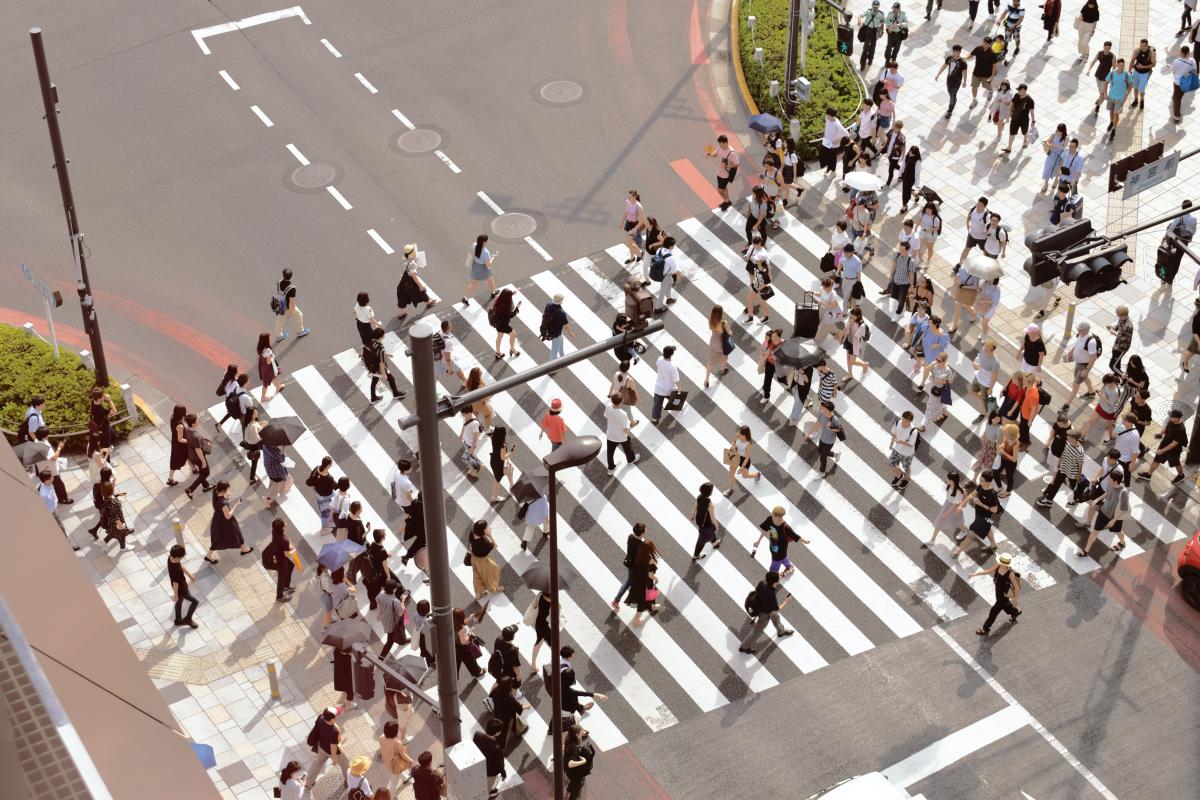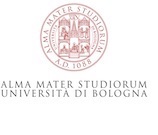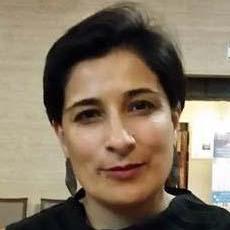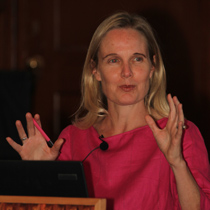DEBJANI GANGULY
|
 photo credits |
|
“Immunity”, whether referring to the individual (the official, the diplomat, the patient, the police officer, the doctor) or to the group (civil officers, the police, pharmaceutical companies, the “herd,” or the population) has shuttled among the registers of language that are held responsible for human and social life—law, medicine, and the philosophical notions that underpin that which constitutes the human, its relation to the non-human, purity and danger, spatiality, and the living more broadly. If natural immunity is the ability to resist infection, legal immunity is the granting of an exemption by a higher authority. In the case of ecclesiastical immunity (now largely obsolete but nonetheless with remaining characteristics), immunity is an exception from secular or civil liabilities or duties. The afterlife of that eccelesiatical model can ironically be found in, for example, the “qualified immunity” increasingly over the last five years given to police officers in the US who have murdered African-Americans. Immunity as a category has travelled, and its meanings have been mutually constitutive in the spheres it has shaped and curtailed. In this course, we will read examples from “immunity theory,” from the astute scholarship in queer theory emerging from the AIDS epidemic, feminist theory on vaccines and immunity, biopolitical thought, critical race theory, as well as cultural products such as writing and art projects that have emerged over the last year and a half that have shifted and consolidated ideas of immunity. Readings
|
|
|
|
|
|
|
|
|






